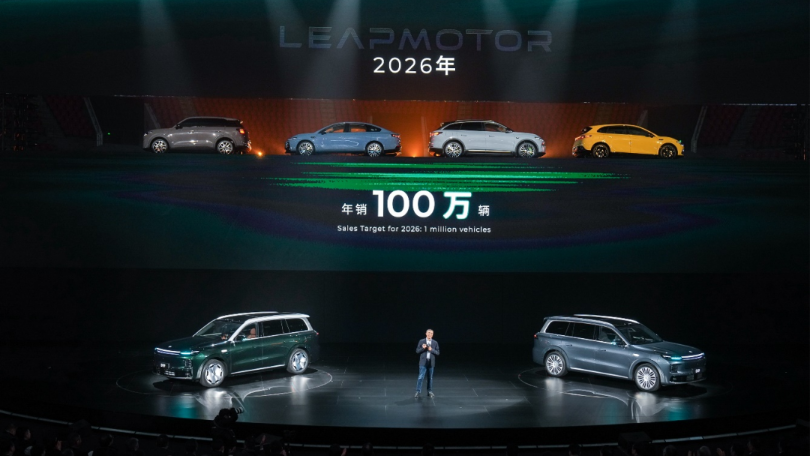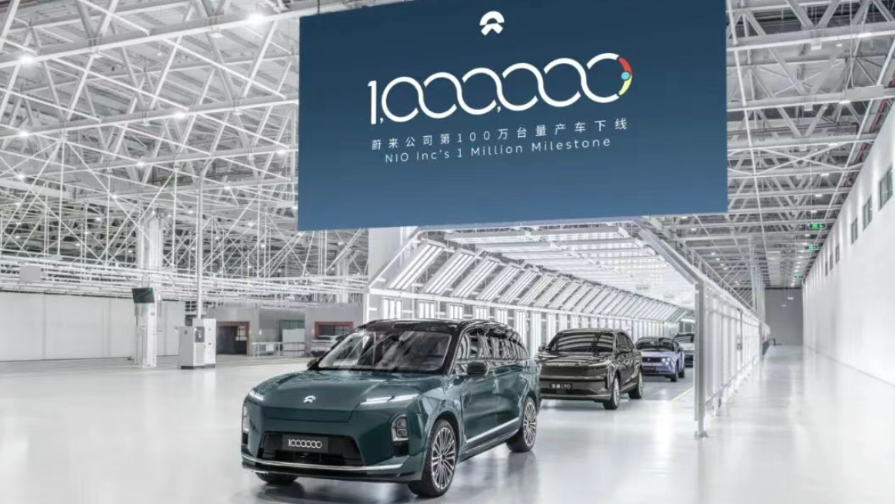The Volvo Group
The Volvo Group reported revenues of SEK 231 bn in 2005 and 81,900 employees, of whom 27,400 in Sweden. In 2005 the Volvo Group produced 203,800 trucks and 10,400 buses.
In 1999 the Volvo Group sold its automobile division, Volvo Cars, to the U.S.-based Ford Motor Company. This means that the Volvo Group now focuses on commercial vehicle products, which include trucks, buses, construction equipment and drive systems for marine and industrial applications, as well as the development, production and maintenance of aircraft engines. In the field of commercial vehicles, Volvo has specialized in both medium-sized and heavy diesel trucks and buses. The Group has expanded rapidly in the commercial sector with acquisitions made by Buses (CarrusOy, Finland and Nova Bus, North America) and Construction Equipment (Samsung’s construction equipment business, South Korea). The Group has also acquired the truck operations of Mack and Renault. It has production plants in Europe, South America, North America, Asia, Africa and Australia.
Volvo Car Corporation (Volvo Cars) is a wholly owned subsidiary of Ford Motor Company and belongs – together with Jaguar, Land Rover and Aston Martin –to the company’s Premier Automotive Group (PAG). The number of Volvo cars delivered in 2005 amounted to 444,000 units. Some 447,000 cars were manufactured at seven plants worldwide. At year end the number of employees totaled 27,400, of whom 19,800 in Sweden.
Volvo Cars is generally regarded as a leader in car safety. All models meet the highest safety standards. In March 2000 the new Volvo Cars Safety Center opened in Torslanda, Göteborg (Gothenburg). Volvo has been selected as a “Center of Excellence for Safety” within Ford Motor Company, which means that brands from Mazda to Jaguar use the facility for safety testing. The main product launch in 2005 was the unveiling of a new convertible, the Volvo C70.
In 2006 Volvo Cars unveiled a redesigned Volvo S80 and a completely new model, the Volvo C30. The Volvo XC90 has quickly become the company’s top award-winning model. Since the start of production in 2002, it has received some twenty awards in the U.S. and Europe. In 2005 the Volvo XC90 continued to be the best-selling Volvo model, closely followed by the Volvo V50.
Scania Automobile
Scania traces its history to the Vabis rail car factory, founded in 1891 in Södertälje, and has been manufacturing trucks since 1902. Today Scania is dedicated to the heavy road transport sector and has one of the strongest global brands in its industry. Scania develops, manufactures and sells heavy trucks and buses as well as engines for industrial and marine use. Scania also offers its customers a broad range of service-related products and financing. In 2005, Scania sold 52,600 trucks and 5,800 buses. Almost 95% of its products were sold outside of Sweden. In 2005 the revenues amounted to SEK 63.3 bn and Scania had 30,800 employees, of whom 12,100 in Sweden. Almost 40% of employees work in Scania’s sales and service companies around the world. Scania has production plants in Europe and Latin America. The company also assembles trucks and buses in Asia and Africa.
Scania’s strategy is to grow with sustained profitability. Scania is among the most successful companies in its industry and has been able to roughly double its volume every decade. The company’s concentration on the heavy end of the business, that is, trucks over 16 tons and buses for more than 30 persons, gives Scania a clear focus. Its modular product system provides economies of scale in development, production and service as well as the possibility of an integrated worldwide production system. The integration of its three businesses – vehicles, services and financing–gives customers a complete product offering. These strategies, combined with Scania’s focus on growth markets, provide the company with a competitive advantage.
Saab Automobile AB
Saab Automobile AB has been wholly owned by the U.S.-based General Motors since 2000. In 2005, it produced about 121,000 cars (of which 103,500 were produced in Sweden). Saab cars are sold in 60 markets worldwide, the largest being the United States, the United Kingdom and Sweden, Germany and Spain. Net sales in 2005 amounted to SEK 25.8 bn. The number of employees at the end of 2005 was 5,165, all of them in Sweden.
The Saab 9-3 and 9-5 ranges offer a wide variety of models in the premium segment of the market. The Saab 9-3 is available as a Sport Sedan , SportCombi or convertible, all with turbocharged four-cylinder gasoline engines ranging in power from 150 to 210 hp or a V6 top of the line turbocharged engine delivering 250 hp. The bigger Saab 9-5 range includes sedan and station wagon formats, available with turbocharged four-cylinder gasoline engines developing 150, 185, 220 or 260 hp. Both ranges also offer turbo diesel engines: a choice of 120 or 150 hp four-cylinder units. In Sweden the Saab 9-5 is also available with a BioPower engine, running on ethanol (E85). At the Trollhättan factory, Saab Automobile also produces the Cadillac B.L.S. Standardized car safety tests such as Euro NCAP, the American HLDI survey and the Swedish Folksam follow-up of real road accidents consistently rate Saab among the very best.









